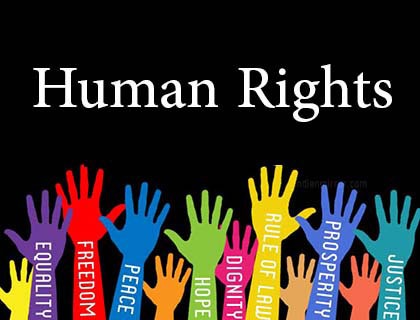
BY LORRAINE MUROMO
A HUMAN rights and development lobby group has said the deepening economic crisis in the country has worsened gender inequality as characterised by increased exclusion of women in key institutions and decision-making processes.
The Zimbabwe Coalition on Debt and Development (Zimcodd) said economic hardships, political and environmental challenges were the major causes of trauma on Zimbabwean women.
“The worsening economic and humanitarian crisis in Zimbabwe has seen women being victims of sex work, trafficking and sexual assaults which require specific protection and recourse,” Zimcodd said in a statement to show solidarity with women on International Women’s Day.
“This is exacerbated by the societal ascribed gender roles that require women to fend for their families through paid and unpaid care work. According to the United Nations Development Programme Gender Inequality Index of 2018, Zimbabwe ranks 126 out of 162 countries.”
According to Zimcodd, there are serious disparities between men and women in the country with men being at the top of the socio-economic and political ladder.
“This shocking revelation serves as a wake-up call on the urgent need to amend the flawed and sexist economic system in Africa and Zimbabwe in particular.
“It is regrettable that the discourse surrounding national economic advancement is often detached from the contribution made by women through the provision of unpaid care work and in the informal economy. Women and girls put in 12,5 billion hours of unpaid care work each and every day, a contribution to the global economy of at least $10,8 trillion a year, more than three times the size of the global tech industry.”
- Chamisa under fire over US$120K donation
- Mavhunga puts DeMbare into Chibuku quarterfinals
- Pension funds bet on Cabora Bassa oilfields
- Councils defy govt fire tender directive
Keep Reading
According to a survey by Transparency International Zimbabwe last month, more than 57% of women said they had been forced to offer sexual favours in exchange for jobs, medical care and even when seeking placements at schools for their children.
About 45% of women said they had received requests for sexual favours to access a service and 15% had used sex to get employment. The report, titled Gender and Corruption, found women were increasingly vulnerable to sexual abuse amid the deteriorating Zimbabwean economy.
According to Oxfam, the combined wealth of the world’s 22 richest men was more than the wealth of all the women in Africa.
Zimcodd added: “Gender and social norms disempower women, relegating them to second-class citizens not fit to control or acquire assets or assume influential positions of power on their own regardless of constitutional provisions on women having full and equal dignity with men including equal opportunities in political, economic and social activities as provided for in Section 80 (1) (of the Constitution).”
Zimbabwean women have also been advocating for equal opportunities in the legislature, saying the current system promoted systematic exclusion from key decision-making institutions.
“By assuming positions of power, there is a high likelihood that women will emancipate themselves from poverty, discrimination, deprivation and reclaim their economic liberties.” read part of the statement.”











